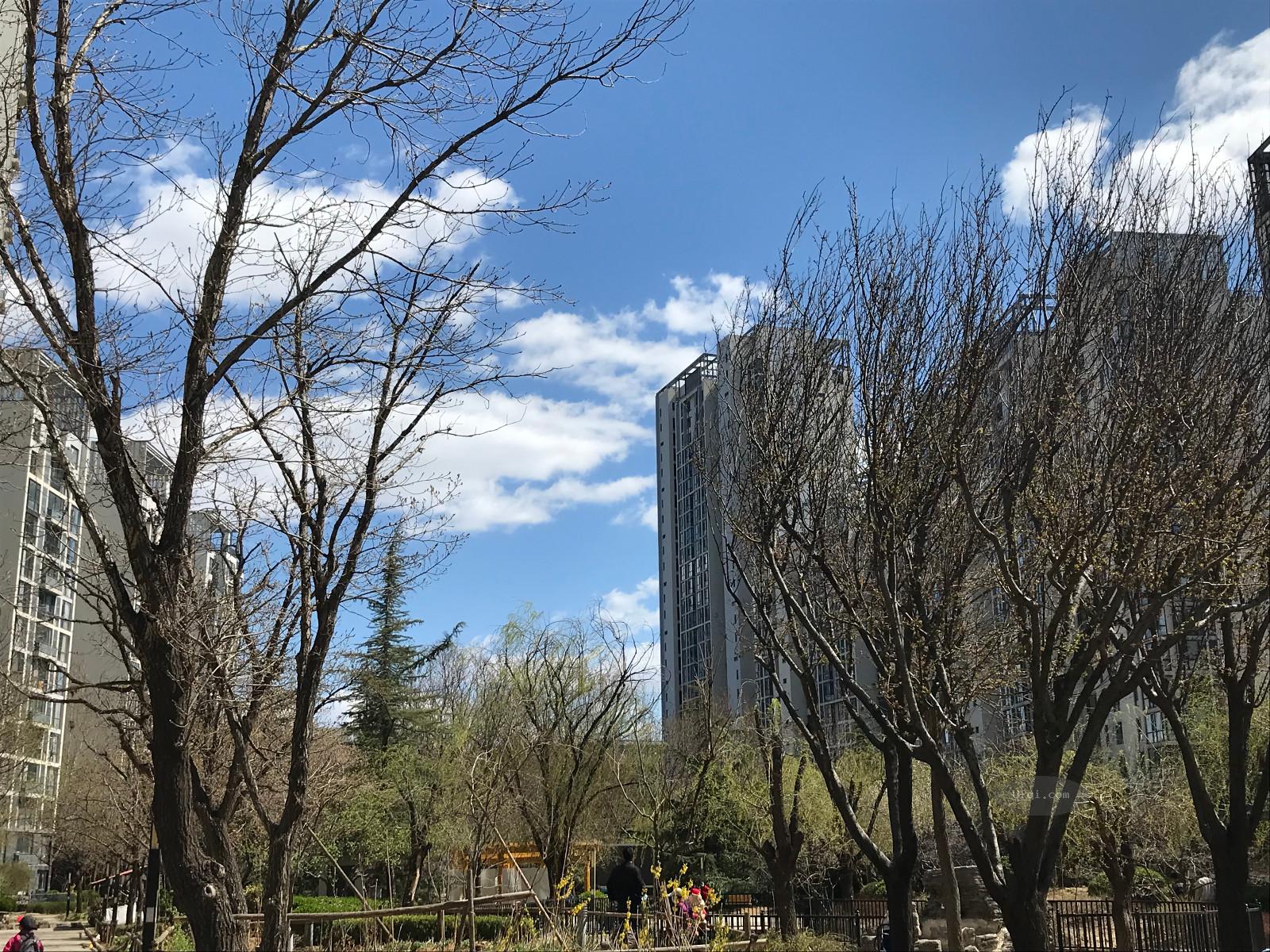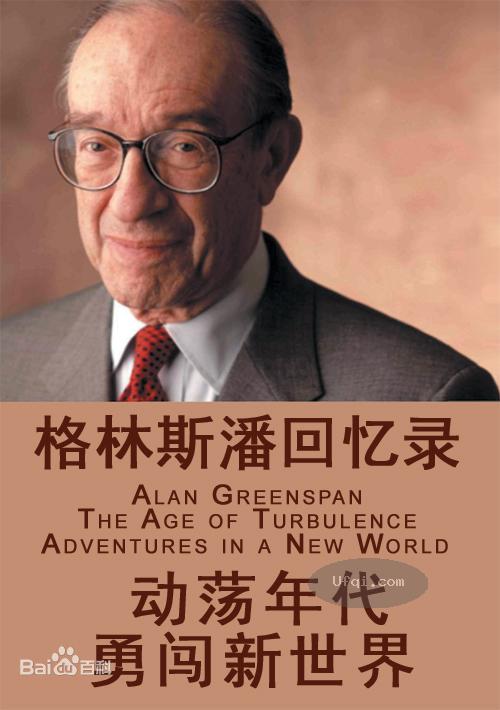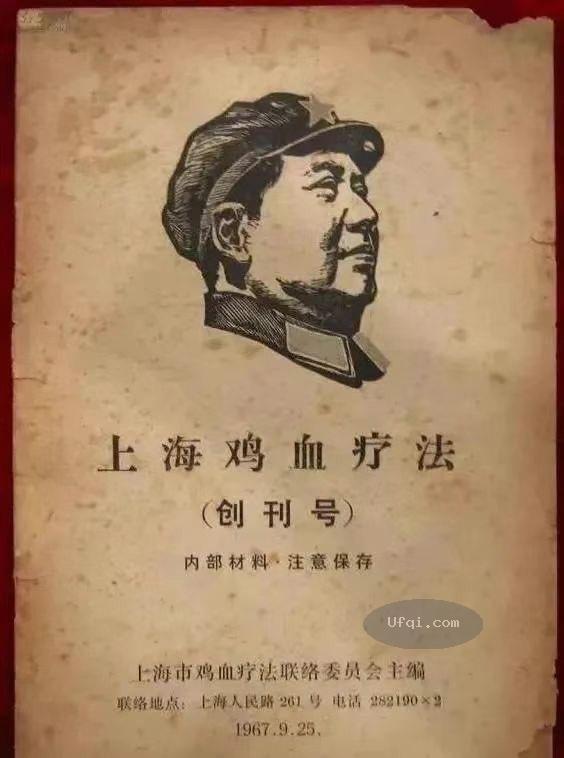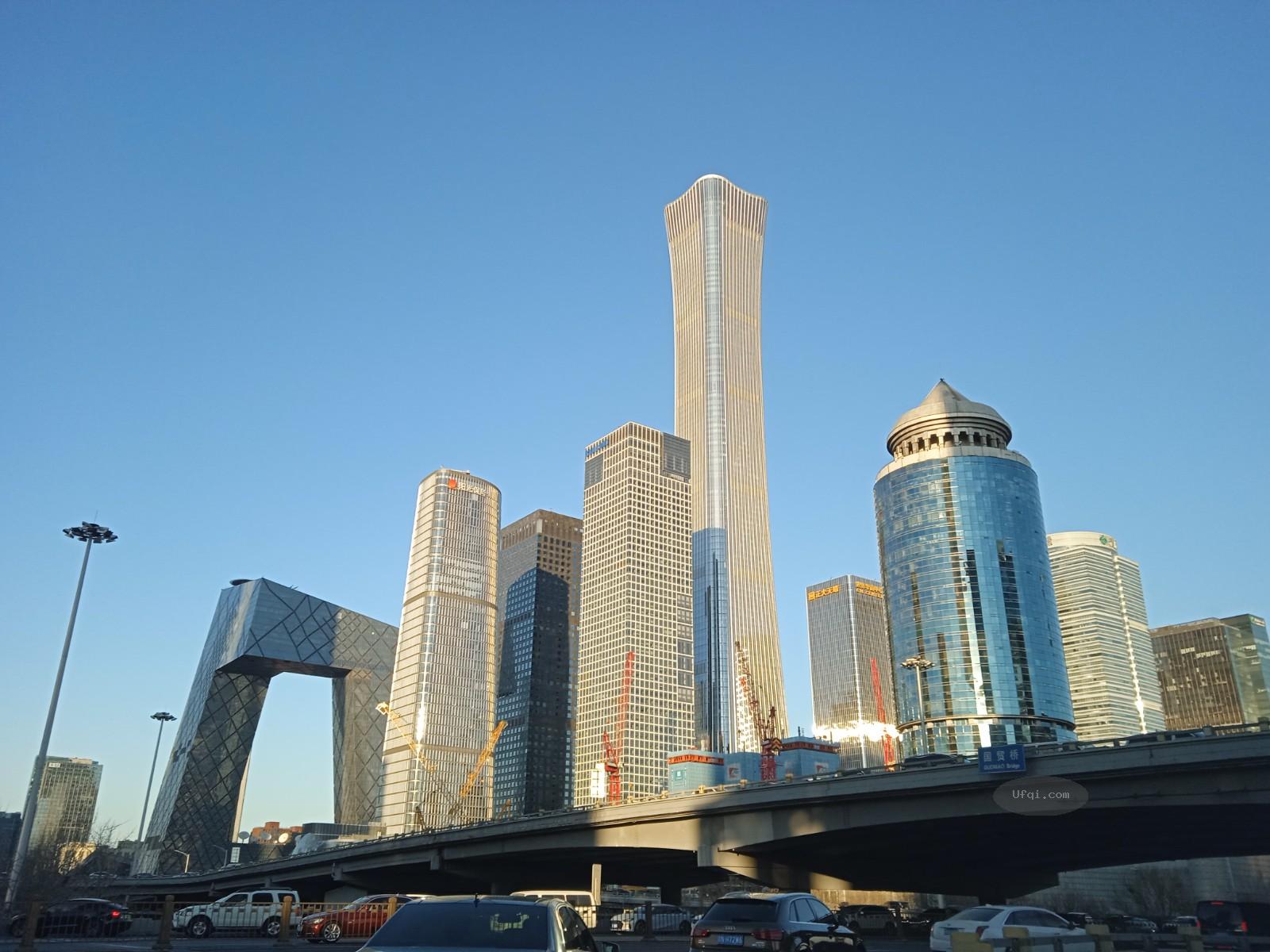


2023-06-05 , 9012 , 104 , 247
美联储主席艾伦格林斯潘回忆录--动荡年代:勇闯新世界-the age of turbulence-65
诚信是自由市场经济的核心要素之一
市场经济条件下的产品生产、销售和服务由自由市场的自由价格机制所引导,也正是在这一意义上,市场经济又被称为自由市场经济。
在这一经济体系中,经营什么、怎样经营等由经营者自主决定,与谁合作、怎么合作、合作的目标和方向等也由经营者自主选择。
然而,我们不难想象,这样的自由经济离开了诚信,就会成为尔虞我诈、互相拆台的经济,所谓的自由经济也不可能真正实现。
市场经济条件下的社会化大生产并非投入、产出、效益等纯物质的经济过程,而是利益相关者之间的合作经济、“链条式”经济。
利益相关者的任何一方或任何一个环节的诚信缺失,都会导致整个经济秩序的混乱,并带来经济发展的严重挫折。
市场经济是法治经济,而法治的实现必须以政府与企业、企业与企业、企业与职工、职工与政府等诸多关系中的基本信任度作为逻辑起点,否则,法治的目标就会模糊不清,法治的过程也会沦为形式。
----
THE UNIVERSALS OF ECONOMIC GROWTH
Nor is it the case that all societies with firmly protected property rights bend invariably to the majority will of the populace on all public issues.
Certainly in its earlier years Hong Kong did not have a democratic process but a "list of rights" protected by British common law. Singapore, from a similar heritage, protects property and contract rights, the crucial pillars of market efficiency,
but lacks other characteristics of Western democracies with which we are familiar.
Nonetheless, democracies with a free press and protection of minority rights are the most effective form of government that safeguards property rights, largely because such democracies rarely allow discontent to rise to a point that leads to explosive changes in economic regimes.
Authoritarian capitalism, on the other hand, is inherently unstable because it forces aggrieved citizens to seek redress outside the law.
That risk is capitalized in higher financing costs.
While the debate over property rights and democracy will doubtless persist,
I was taken with an observation made by Amartya Sen, the Nobel Prize winner in economics:
"In the terrible history of famines in the world, no substantial famine has ever occurred in any independent and democratic country with a relatively free press. We cannot find exceptions to this rule, no matter where we look."
With the media in authoritarian regimes tending toward self-censorship, market-interventionist policies—the most prevalent cause of disrupted distribution of food—go unreported and uncorrected until too late.
The importance of property rights is a larger issue than that of creating incentives to invest by established business or even incentives for inventors tinkering in a garage.
Hernando de Soto, the Peruvian economist, came to the Federal Reserve in January 2003 to brief me on a seemingly radical idea to elevate the standard of living of a significant segment of the world's impoverished.
One of the aspects of my job was meeting with foreign visitors who passed through my office when they were in town.
These opportunities were a valuable source of information for me and the Fed staff members who often sat in on the meetings. De Soto's reputation, at least as best I could judge it, was of a well-intentioned but misguided idealist, or somewhat less flatteringly, a Don Quixote attacking windmills.
His simple notion was that most poverty-stricken squatters had effective use of property—homes or land—but suffered from the lack of legal title that would enable them to sell the property for cash or use it as collateral for a loan from a bank or other financial institution.
253
If a clear, legal title to the property could be established, large amounts of wealth would be unlocked.
I thought it a novel idea worth considering; certainly other theories of development
had little to show for themselves, despite the vast sums of official foreign aid spent on them since World War II.
In any event, I was sufficiently intrigued to meet with de Soto. His calculations suggested untapped property values exceeding $9 trillion worldwide.



If even remotely accurate, it would be a notable addition to the value of legally protected property. He had been meeting with politicians in many developing countries to try to bring legal clarity to much of the poverty-stricken world's de facto land ownership. De Soto was optimistic, but I did not believe he was likely to make as much progress as he hoped.
After he departed, I wondered: Is it possible that he is onto something that we have somehow missed? It was evident to me that he would have difficulty persuading often corrupt politicians to cede the rights to what amounted to de facto, if not de jure, state property.
There were two seemingly insurmountable barriers to de Soto's goals. First, a significant number of developing-world politicians believe in some form of collective ownership, even if they shy away from the notion that property is theft.
Perhaps more relevant, granting legal authority to sell or collateralize squatters' land would empower a significant segment of a society, with a comparable dilution
of politicians' power. Legalization would remove the latent power to confiscate at will large segments of squatters' land. However, recent incidents in China suggest how politically destabilizing that can be. In the endeavor to modernize, many provincial and local Chinese authorities in their version of creative destruction periodically confiscate peasants' land for development.
Riots have been widespread. Granting clear legal ownership rights to peasants for the land they till would go a very long way toward putting an end to such discontent.*
Though the means to get there may not be altogether clear, Hernando de Soto's goal is a very appealing one.
Protection of property has always been a moving target as the law continually
tries to keep up with the nature of economic change. Even in the *
"Recognition" of property rights by China's National Congress of the People in March 2007 shied away from granting unequivocal rights to rural land.
254
THE UNIVERSALS OF ECONOMIC GROWTH
United States, where property rights are broadly protected, the claims of property owners in New London, Connecticut, whose land was taken over by city government in 2005 for commercial redevelopment, were brought to the U.S. Supreme Court.
The Court's ruling in favor of city government provoked loud outcries in the Congress. So it's not surprising that different cultures have different views as to whether and to what extent property should be protected. This issue is becoming pronounced as property is becoming increasingly intellectual. I explore that thicket in chapter 25.
While the rule of law and property rights appear to me to be the most prominent institutional pillars of economic growth and prosperity, other factors are also clearly essential.
Historically, societies that seek high levels of instant gratification and are willing to borrow against future incomes to achieve it have more often than not suffered inflation and stagnation. The economies of such societies tend to run larger government budget deficits financed with fiat money from a printing press.
Eventually, the ensuing inflation leads to recession, or worse, often because central banks are forced to clamp down. Then the process starts all over again. Many countries in Latin America have been particularly prone to this "populist" malady, as I discuss in chapter 17.1 regret that the United States may not be wholly immune to it.
A rarely discussed, but important, macroeconomic determinant of economic success is the extent of an economy's flexibility and hence its resilience to shocks.
The bounceback of the U.S. economy following 9/11 is testament to the importance of flexibility, as I've pointed out. Moreover, flexibility and the extent of property rights are related.
To obtain flexibility, the competitive marketplace must be free to adjust, which means market participants must be free to allocate property as they see fit. Restrictions on pricing, borrowing, affiliations, and market practice more generally have slowed growth.



UfqiLong
Its obverse, deregulation, is increasingly associated with "reform." (As recently as the 1960s, "reform" was associated with regulation of business. Ideas govern policy.)
Another important requirement for the proper functioning of market capitalism is also not often, if ever, covered in lists of factors contributing to economic growth and standards of living:
trust in the word of others.
Where the rule of law prevails, despite everyone's right to legal redress of a perceived grievance, if there is more than a small fraction of outstanding contracts that require adjudication, court systems would be overwhelmed, as would society's ability to be governed by the rule of law.
255
This implies that in a free society governed by the rights and responsibilities of its citizens, the vast majority of transactions must be voluntary, which, of necessity, presupposes trust in the word of those with whom we do business—in almost all cases, strangers.
It is remarkable that, as I noted in an earlier chapter, large numbers of contracts, especially in financial markets, are initially oral, confirmed by a written document only at a later time, even after much price movement.
It is remarkable how much trust we have in the pharmacist who fills the prescription ordered by our physician.
Or the trust we grant to automakers that their motor vehicles will run as certified.
We are not fools. We bank on the self-interest of our counterparties in trade. Just contemplate how little business would get done if that were not the prevailing culture in which we lived. The division of labor so essential to our standard of living would not exist.
As I noted earlier, material well-being—that is, wealth creation— requires people to take risks. We can't be sure our actions to acquire food, clothing, and shelter, for example, will succeed.
But the greater our trust in the people with whom we trade, the greater the accumulation of wealth.
In a market system based on trust, reputation will have a significant economic value.
Reputation, capitalized formally as "goodwill" on business balance sheets or otherwise, is an important contributor to the market value of a company.
Reputation and the trust it fosters have always appeared to me to be the core required attributes of market capitalism.
Laws at best can prescribe only a small fraction of the day-by-day activities in the marketplace.
When trust is lost, a nation's ability to transact business is palpably undermined.
In the marketplace, uncertainties created by not always truthful counterparties raise credit risk and thereby increase real interest rates.
As a bank regulator for more than eighteen years, I came to recognize that government regulation cannot substitute for individual integrity. In fact, any form of government guarantees of credit lessens the need of financial counterparties to earn a reputation for honest dealings.
It is conceivable, of course, that government guarantees are superior to an individual's reputation.
256
THE UNIVERSALS OF ECONOMIC GROWTH
But guarantees—even the most widely praised, such as deposit insurance—have costly consequences.
I concluded, and I suspect most regulators agree, that the first and most effective line of defense against fraud and insolvency is counterparties' surveillance.
For example, JPMorgan thoroughly scrutinizes the balance sheet of Merrill Lynch before it lends.
It does not look to the Securities and Exchange Commission to verify Merrill's solvency.
(未完待续, To be contd)



🔗 连载目录
🤖 智能推荐








